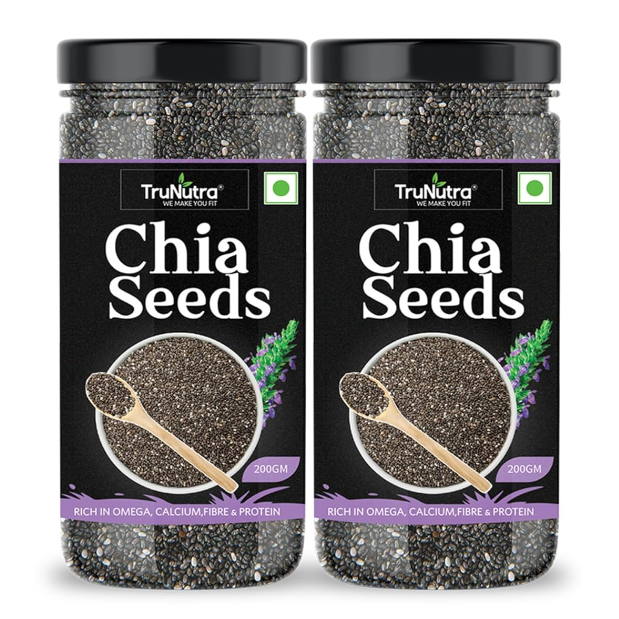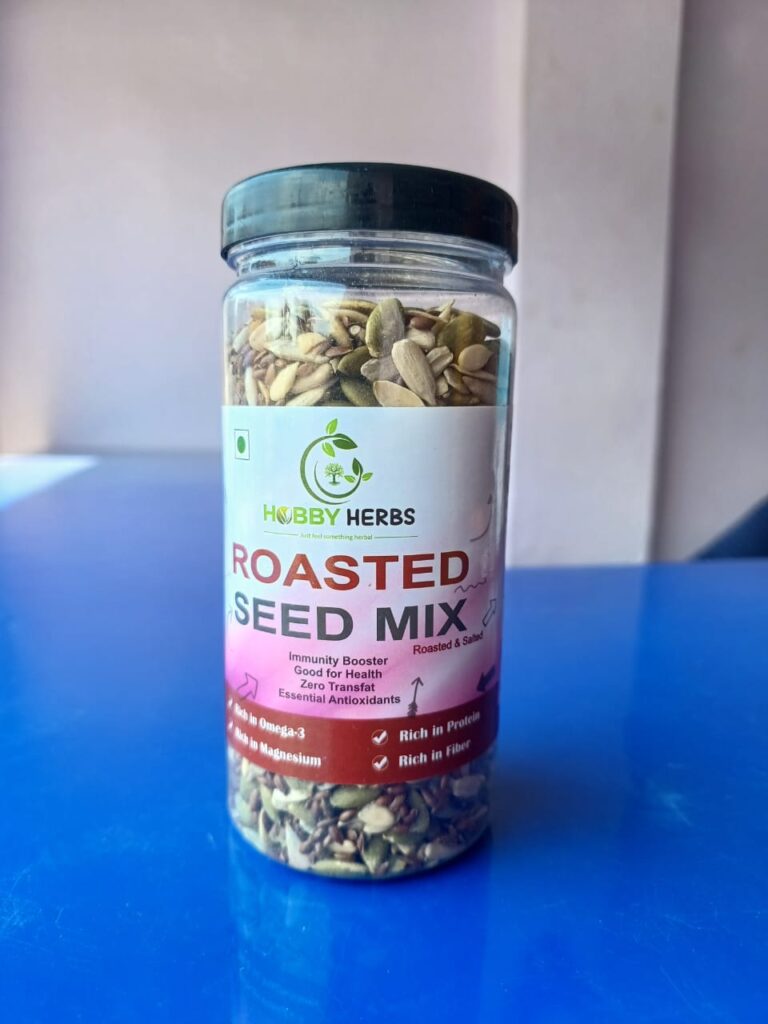Creatine has become one of the most talked-about supplements in fitness and bodybuilding circles. It’s often hailed as a miracle worker for building muscle, increasing strength, and improving performance. But is it all it’s cracked up to be? In this article, we’ll dive deep into what creatine really does, its benefits, and potential side effects, and answer the most commonly asked questions about this popular supplement.
What is Creatine and What Does It Do?
Creatine is a naturally occurring compound found primarily in muscle cells. It helps produce energy during high-intensity, short-duration activities like sprinting or lifting weights. Your body naturally produces creatine from amino acids, and you can also get it from foods like meat and fish. However, many athletes and fitness enthusiasts turn to creatine supplements to boost their physical performance and muscle gains.

How Does Creatine Work in Your Body?
When you take creatine, it’s stored in your muscles as creatine phosphate. During intense exercise, your muscles quickly use adenosine triphosphate (ATP), the primary energy carrier in the body. Creatine helps regenerate ATP, giving your muscles more energy to power through tough workouts. This is why creatine is so popular in strength and endurance sports—it allows you to push harder and last longer.
Does Creatine Help Build Muscle?
Yes, creatine can significantly help in building muscle. Creatine enhances your body’s capacity to perform high-intensity exercises, which leads to greater muscle stimulation. Over time, this increased workload can lead to better muscle growth.
Does Creatine Increase Muscle Size?
Creatine causes muscle cells to retain more water, leading to a phenomenon known as “cell volumization.” This gives your muscles a fuller, larger appearance. While this isn’t the same as building new muscle tissue, it can make you look bigger, especially in the early stages of supplementation.
Does Creatine Make You Gain Weight?
Yes, creatine can make you gain weight, but it’s not fat. Most of the weight gain is water retained in your muscles. Over time, as you work out and build muscle mass, you might also notice an increase in lean muscle weight.
Does Creatine Make You Look Bigger?
As mentioned earlier, creatine causes your muscles to store more water, which makes them appear larger and fuller. If you’re looking for that “pumped” look, creatine can help you achieve it fairly quickly.
Is Creatine Safe to Consume?
For most people, creatine is safe when taken in appropriate doses. Numerous studies have shown that long-term use of creatine, even up to 5 years, does not lead to any serious health issues. However, as with any supplement, it’s essential to follow the recommended dosage and consult a healthcare professional if you have any pre-existing medical conditions.
Are There Side Effects to Taking Creatine?
While creatine is generally safe, some people may experience minor side effects such as:
- Water Retention: This is the most common side effect, leading to temporary weight gain.
- Stomach Discomfort: Some users report bloating or cramping, especially when taking high doses.
- Dehydration: Because creatine pulls water into your muscles, it’s crucial to drink plenty of water.
How Much Creatine is in Chicken Breast?
Chicken breast contains a small amount of creatine, but not enough to significantly impact your muscle performance. A typical 100g serving of raw chicken breast contains about 0.4g of creatine. This is why athletes prefer creatine supplements, which provide a much higher dose per serving.
How Much Water Should You Drink While Taking Creatine?
Staying hydrated is critical when you’re taking creatine. Since creatine pulls water into your muscles, you’ll need to increase your water intake to prevent dehydration. Aim to drink at least 3-4 liters of water daily while supplementing with creatine, especially if you are working out intensely.
Does Creatine Help with Weight Gain?
Creatine can contribute to weight gain, but most of the initial weight gain is water retention. Over time, as your muscles grow and you build strength, you may also notice an increase in muscle mass, which contributes to long-term weight gain.
How Much Creatine Should You Take?
A typical dose of creatine is around 3-5 grams per day. Some people prefer to start with a “loading phase,” which involves taking 20 grams of creatine daily for 5-7 days to quickly saturate the muscles. After this phase, you can switch to a maintenance dose of 3-5 grams per day.
Creatine: Use, Benefits, Side Effects
Use of Creatine:
- Supports ATP production for quick energy during intense exercise.
- Commonly used by athletes and bodybuilders to enhance performance.
- Helps in short bursts of high-intensity activities (e.g., weightlifting, sprinting).
- Taken as a supplement in powder, capsule, or liquid form.
- Dosage typically 3-5 grams daily, with an optional “loading phase” of 20 grams per day for 5-7 days.
Benefits of Creatine:
- Increases Muscle Strength: Enhances physical performance in high-intensity workouts.
- Muscle Growth: Promotes muscle gains when combined with resistance training.
- Improves Exercise Performance: Boosts endurance and allows for longer, more intense training sessions.
- Speeds Recovery: Reduces muscle damage and helps quicker recovery after workouts.
- Increases Muscle Volume: Causes muscle cells to retain water, making muscles look fuller and larger.
- Supports Brain Health: Emerging research suggests potential cognitive benefits.
Side Effects of Creatine:
- Water Retention: The most common side effect, leading to temporary weight gain.
- Dehydration Risk: Pulls water into muscles, requiring increased hydration.
- Stomach Issues: May cause bloating, cramping, or upset stomach in some individuals.
- Potential Kidney Concerns: Long-term, excessive use could stress kidneys, but normal doses are generally safe for healthy individuals.
- Minor Weight Gain: Initial weight gain is due to water retention, not fat or muscle.
- No Major Long-Term Risks: Studies indicate that creatine is safe for long-term use when taken as recommended.
Best Creatine in Nepal
-
 Labrada CREA LEAN STRENGTH CREATINE POWDER (Post Workout, Sustain longer workout, Muscle Repair & Recovery, 3g Creatine Monohydrate, For 83 Servings) (250 g, Unflavoured)₨ 3,500.00
Labrada CREA LEAN STRENGTH CREATINE POWDER (Post Workout, Sustain longer workout, Muscle Repair & Recovery, 3g Creatine Monohydrate, For 83 Servings) (250 g, Unflavoured)₨ 3,500.00 -
Product on sale
 MuscleBlaze Creatine Monohydrate: A Labdoor USA Certified Powerhouse for Optimal Performance₨ 1,099.00 – ₨ 2,499.00
MuscleBlaze Creatine Monohydrate: A Labdoor USA Certified Powerhouse for Optimal Performance₨ 1,099.00 – ₨ 2,499.00 -
Product on sale
 Wellcore – Pure Micronized Creatine Monohydrate Powder-Unflavoured₨ 1,199.00 – ₨ 2,599.00
Wellcore – Pure Micronized Creatine Monohydrate Powder-Unflavoured₨ 1,199.00 – ₨ 2,599.00 -
Product on sale
 Optimum Nutrition Micronized Creatine PowderOriginal price was: ₨ 2,250.00.₨ 2,099.00Current price is: ₨ 2,099.00.
Optimum Nutrition Micronized Creatine PowderOriginal price was: ₨ 2,250.00.₨ 2,099.00Current price is: ₨ 2,099.00.
FAQs About Creatine
1. Does Creatine Cause Hair Loss?
There’s limited evidence to suggest a direct link between creatine and hair loss. Some small studies have hinted at increased DHT levels, which could contribute to hair thinning, but more research is needed.
2. Can Women Take Creatine?
Yes, creatine is safe for women and can help with strength, endurance, and muscle building, just as it does for men.
3. Is Creatine Good for Runners?
Creatine may not be as beneficial for endurance athletes like runners since its primary benefit is in short bursts of high-intensity exercise. However, some runners use it to improve sprinting performance or recover faster between high-intensity intervals.
4. Should I Take Creatine on Rest Days?
Yes, you should continue to take creatine on rest days to maintain elevated levels in your muscles. Just stick to your regular maintenance dose.
5. How Long Does It Take for Creatine to Work?
Most people start to notice performance improvements within a week or two of consistent supplementation. However, the exact timeline can vary based on your body type and workout routine.
Conclusion
Creatine is one of the most researched and effective supplements for athletes, bodybuilders, and fitness enthusiasts. It helps improve strength, build muscle, and enhance overall workout performance. While there are some potential side effects, such as water retention, the benefits far outweigh the drawbacks for most users. If you’re serious about taking your fitness to the next level, creatine is definitely worth considering.
Ready to make the most out of your workouts? Try incorporating creatine into your routine today and see the difference for yourself!


 Muscle Tech
Muscle Tech
 Asitis
Asitis
 Big Rock
Big Rock
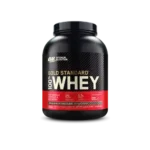 Optimum Nutration
Optimum Nutration
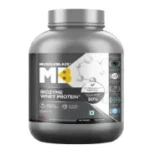 Muscle Blaze
Muscle Blaze
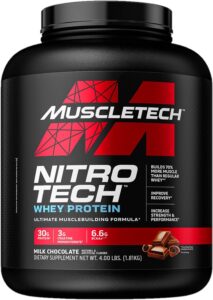

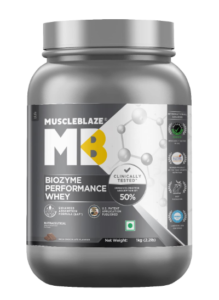
 Labrada
Labrada
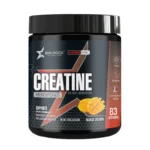 Big Rock
Big Rock
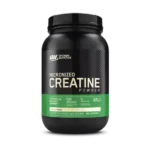 Optimum Nutration
Optimum Nutration
 Muscle Blaze
Muscle Blaze
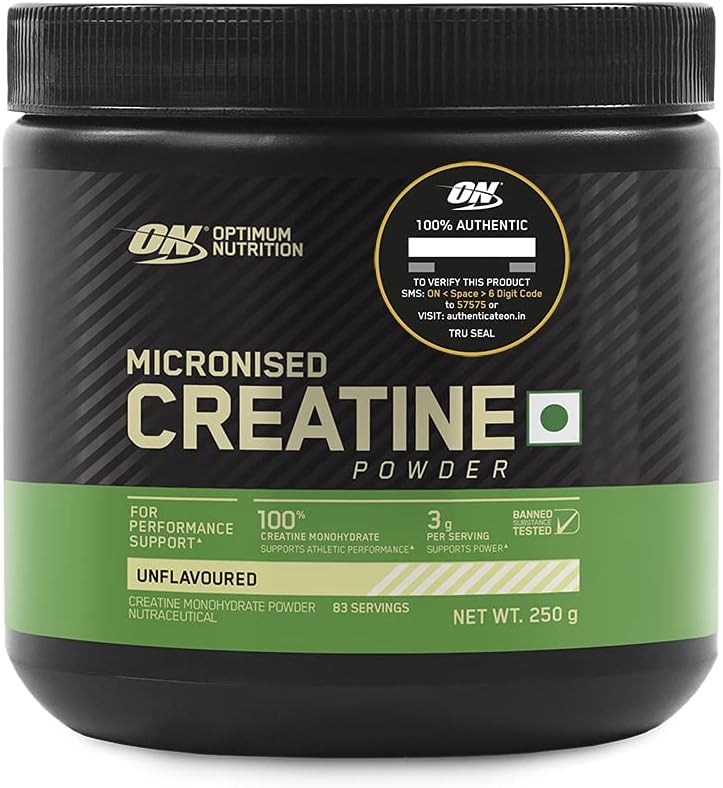
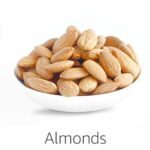 Almonds
Almonds
 cashews
cashews
 Figs
Figs
 Pistachios
Pistachios
 Dates
Dates
 Chis Seeds
Chis Seeds
 Kishmis
Kishmis
 Pine Nuts
Pine Nuts
 Walnuts
Walnuts
 Hazelnuts
Hazelnuts
 Penuts
Penuts
